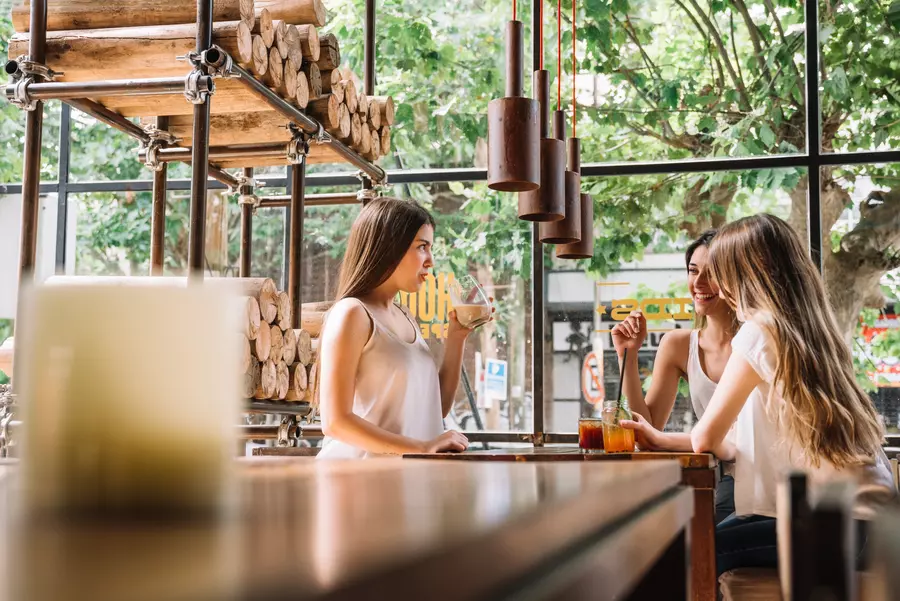The hospitality industry is undergoing a significant transformation as sustainability becomes a priority. Modern bars are leading the charge by incorporating sustainable design elements that benefit both the environment and their business operations. This blog explores the trend of sustainable bar design, focusing on eco-friendly materials, energy-efficient lighting, and waste reduction strategies. We’ll also highlight case studies of bars that have successfully implemented these practices, demonstrating the positive impact on their business and the environment.
Eco-Friendly Materials
Reclaimed Wood
Reclaimed wood is a popular choice for sustainable bar design. It adds a rustic charm while reducing the demand for new timber. By repurposing old wood, bars can lower their environmental footprint and create a unique, aesthetically pleasing atmosphere.
Bamboo
Bamboo is another eco-friendly material gaining popularity. Known for its rapid growth and sustainability, bamboo is an excellent option for flooring, furniture, and even utensils. Its durability and versatility make it a practical choice for bar owners looking to minimise their environmental impact.
Recycled Metal and Glass
Using recycled metal and glass in bar design helps reduce the need for new raw materials and minimises waste. These materials can be used in various aspects of the bar, from countertops and light fixtures to decorative elements, adding a modern and sleek touch to the establishment.
Energy-Efficient Lighting
LED Lighting
LED lights are a staple in sustainable bar design. They consume up to 75% less energy than traditional incandescent bulbs and have a significantly longer lifespan. This reduction in energy consumption not only lowers electricity bills but also decreases the bar’s overall carbon footprint.
Smart Lighting Systems
Smart lighting systems offer advanced energy efficiency by adjusting the brightness based on occupancy and time of day. These systems ensure optimal lighting conditions while reducing unnecessary energy use, contributing to a more sustainable and cost-effective operation.
Waste Reduction Strategies
Elimination of Single-Use Plastics
Many bars are phasing out single-use plastics, such as straws and stirrers, in favor of reusable or biodegradable alternatives. Options include metal, glass, bamboo, or even edible straws. This shift helps reduce plastic waste and aligns with the growing consumer demand for eco-friendly practices.
Robust Recycling Programs
Implementing comprehensive recycling programs ensures that materials like glass, paper, and metal are properly recycled. By educating staff and customers on recycling practices, bars can significantly reduce the amount of waste sent to landfills.
Composting
Composting food scraps and organic waste is an effective strategy for reducing landfill waste. Bars can partner with local composting facilities or use in-house composting systems to manage organic waste, turning it into valuable compost for local farms or gardens.
Case Studies
White Lyan, London
White Lyan, a now-closed bar in London, set a high standard for sustainability by eliminating perishables like fruit and ice. This approach drastically reduced waste and allowed for a controlled, sustainable environment. White Lyan’s innovative practices showed that sustainability could enhance creativity and customer experience.
Super Lyan, Amsterdam
Super Lyan in Amsterdam continues White Lyan’s legacy by using locally sourced ingredients and sustainable materials. The bar focuses on minimizing waste through its cocktail menu and overall operations, proving that eco-friendly practices can coexist with high-quality service.
Green Bar, Cape Town
Green Bar in Cape Town showcases a comprehensive approach to sustainability. The bar features recycled materials, energy-efficient lighting, and a zero-waste policy. By collaborating with local suppliers who practice sustainable farming, Green Bar ensures that every aspect of their operation supports environmental health.
Benefits to Business and the Environment
Environmental Impact
Sustainable bar practices reduce carbon footprints, conserve natural resources, and minimize waste. These efforts contribute to the broader goal of environmental preservation and sustainability.
Business Benefits
Adopting sustainable practices can enhance a bar’s brand reputation and attract eco-conscious customers. Additionally, energy savings and waste reduction can lower operating costs. As consumers become more environmentally aware, they are more likely to support businesses that demonstrate a commitment to sustainability, leading to increased customer loyalty and positive word-of-mouth.
Conclusion
The trend of sustainable bar design is not just a passing fad but a necessary evolution for the hospitality industry. By incorporating eco-friendly materials, energy-efficient lighting, and waste reduction strategies, bars can significantly reduce their environmental impact while benefiting their bottom line. The success stories of bars like White Lyan, Super Lyan, and Green Bar illustrate that sustainable practices can lead to innovative and thriving business models that resonate with today’s environmentally conscious consumers. invest in a sustainable future for your business with Kilowa’s waste management services and commercial bar design services– let’s work together to minimise wastage and maximise environmental impact.







